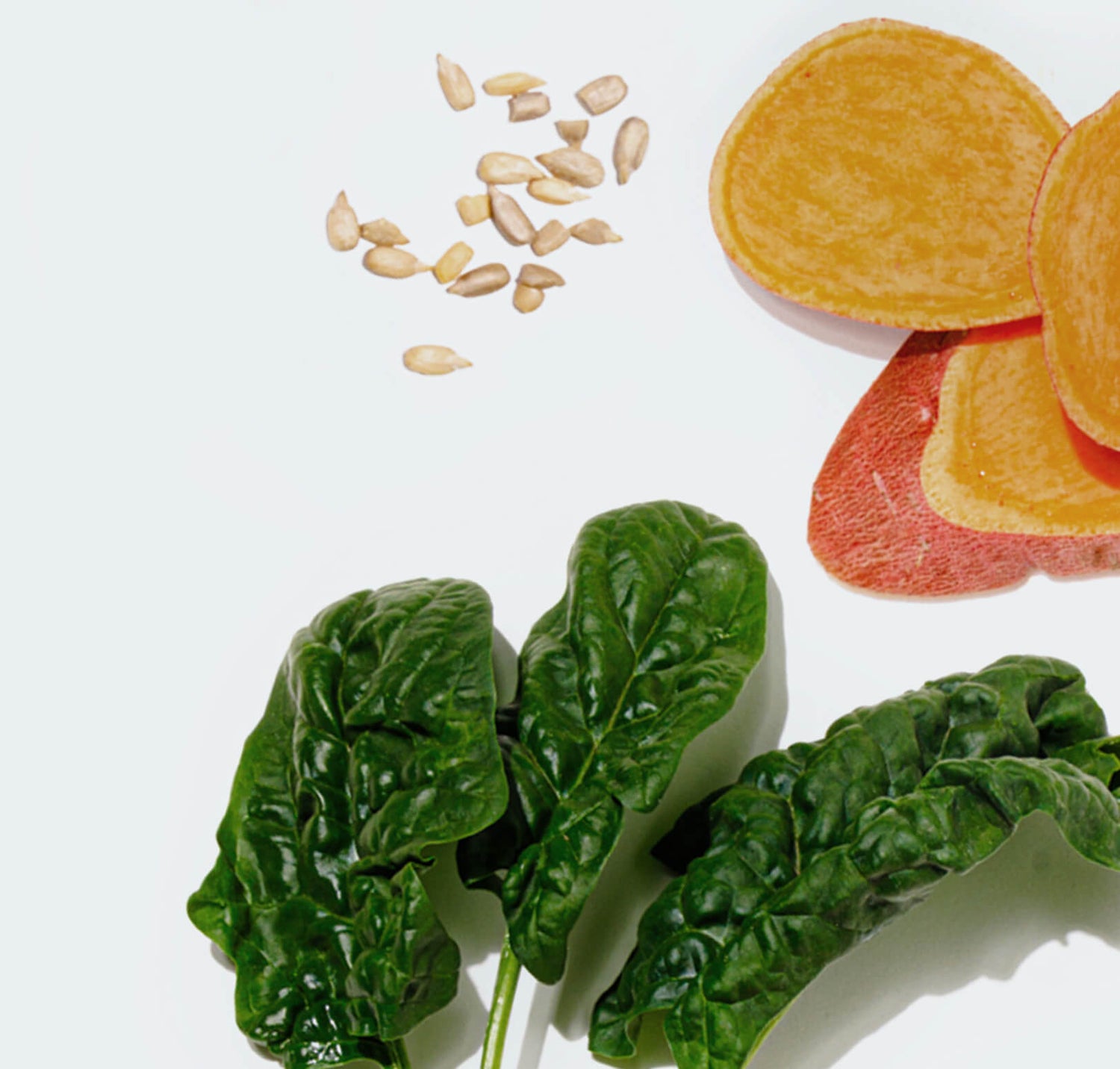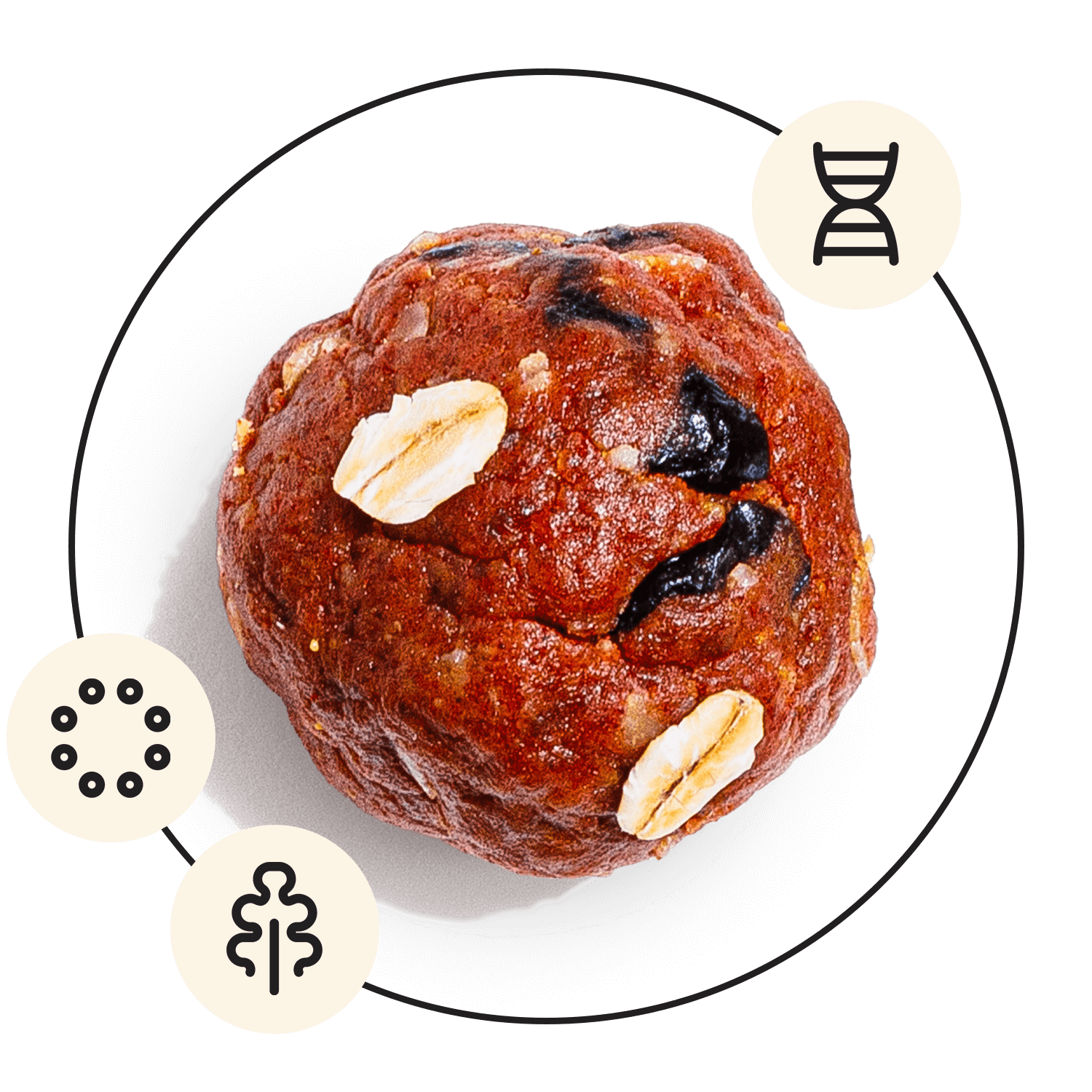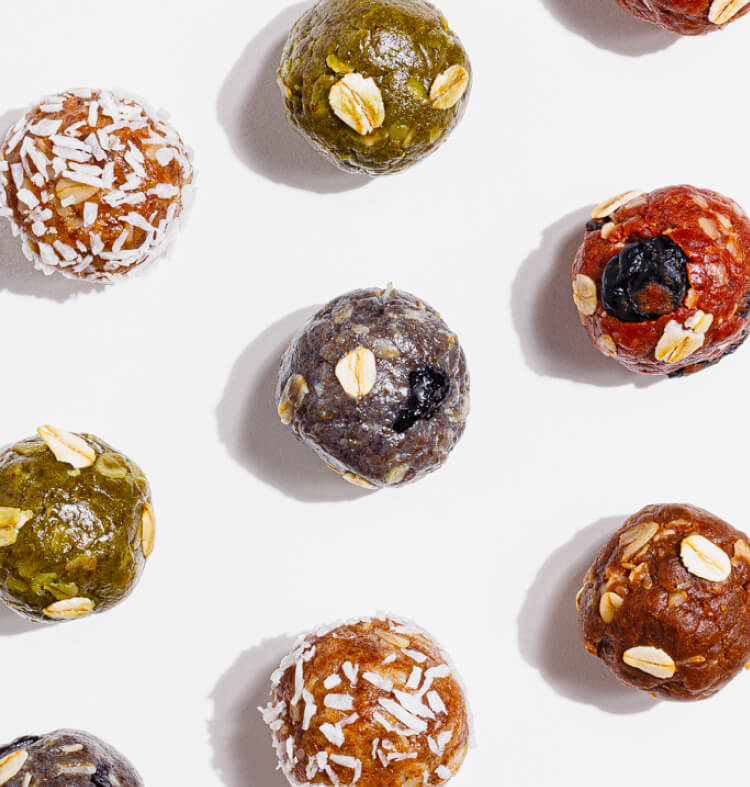
You're not just growing a baby - your programming a lifetime of health.
The first 1,000 days—from conception to age two—are the most critical window in human development. Nutrition shapes your child’s brain, body, and future. It also determines how you recover, rebalance, and prepare for what’s next.
At Nunona, we create happy and healthy cells—for life.
The Science
The importance of the first 1,000 days

During the first 1,000 days, your baby’s DNA is being epigenetically programmed—and the nutrients you consume play a central role in how that programming unfolds. Simultaneously, your hormones, blood sugar, and metabolism shift to support pregnancy, milk production, and recovery. Nunona meets these needs with real-food nutrients, omega-3s, fiber, protein, and healthy fats—not synthetic, petroleum-based pills.

Baby
Undergoes rapid cell division, brain growth, and immune programming during development

Mom
Experiences major shifts in hormones, nutrient needs, and metabolic function
A deeper dive into those 1,000 days
Learn what’s happening for Mom + Baby, and how Nunona can support on this journey
Trying to Conceive
_____
What’s happening:
- Mom: Hormone regulation, egg maturation, metabolic reset
- Baby: Not yet conceived—but you’re laying the groundwork
_____
How Nunona helps:
- Real food nutrients support ovulation and reduce inflammation (2)
- Fiber, protein, and fat help stabilize blood sugar, preventing insulin resistance that can interfere with fertility (3)
- No synthetic fillers or folic acid overload—just bioavailable folate and antioxidants
_____
"You're building the foundation—starting with your own cells.”
Pregnancy
_____
What’s happening:
- Mom: Blood volume doubles, iron and B12 needs spike, hormones surge and fluctuate
- Baby: Neural tube closes (week 5), brain rapidly develops, organs form, immune system seeds
_____
How Nunona helps:
- 200mg of DHA supports fetal brain and vision development (4)
- Real-food iron, B12, and choline support blood production and brain function
- Macronutrients (protein, fiber, fat) help reduce nausea, improve energy, and balance blood sugar, which is key to preventing gestational diabetes (5)
_____
"It’s not just what’s in your food—it’s how your body absorbs and uses it.”
Postpartum
(0–6 months)
_____
What’s happening:
- Mom: Healing from birth, producing milk, hormone drop (especially estrogen & progesterone), potential for mood shifts or postpartum depletion
- Baby: Developing sensory pathways, building immunity
_____
How Nunona helps:
- Whole food omega-3s help reduce risk of postnatal depression (6)
-Protein and iron help with tissue repair and energy restoration
-Real carbs + fiber blunt blood sugar spikes, improving mood and hormone balance (7)
_____
“Recovery takes longer than you think. Nutrition helps close the gap.”
Extended Postpartum
(6-24 months)
_____
What’s happening:
- Mom: Sleep deprivation, depletion, milk production (if breastfeeding), possible return to cycle/fertility
- Baby: Brain connections explode—90% of brain growth happens by age 2 (8)
_____
How Nunona helps:
- Supports milk quality with real-food choline, DHA, and micronutrients
- Keeps blood sugar and hormones steady, helping with energy, PMS, and emotional resilience
- Sets you up nutritionally if you’re thinking about trying again
_____
“Postpartum has no expiration date. And neither should your nutrition.”

★★★★★
"As a dietitian, my priority for moms and their family is whole foods. It’s great to have Nunona Mama Bites as an option that meet mom's nutritional needs and actually taste good! Nunona provides sufficient amounts of the vitamins and minerals moms need during this critical time of nutrition."
Lauren Mahesri, RD
You deserve more than a pill. Choose real, organic nourishment —for the full 1,000 days.
References
- Koletzko B, et al. The importance of the first 1,000 days. Ann Nutr Metab. 2016;69(1):17–21.
- Gaskins AJ, et al. Diet and fertility: a review. Am J Obstet Gynecol. 2014;210(6):479–90.
- Mena GP, et al. Insulin resistance and fertility. Fertil Steril. 2021;115(3):611–7.
- Gould JF, et al. Omega-3 and pregnancy outcomes. JAMA. 2018;320(21):2280–91.
- Kim C, et al. Gestational diabetes and maternal outcomes. Clin Obstet Gynecol. 2013;56(3):539–50.
- Freeman MP. Omega-3s and perinatal depression. J Clin Psychiatry. 2009;70(Suppl 5):7–11.
- Butte NF, et al. Energy and nutrient intake in lactating women. Am J Clin Nutr. 2005;82(2):399–404.
- Cusick SE, et al. Nutrition and the developing brain. Ann Nutr Metab. 2016;69(Suppl 2):22–35.
- Dwyer JT, et al. Composition of multivitamin supplements. J Am Diet Assoc. 2007;107(1):130–6.







